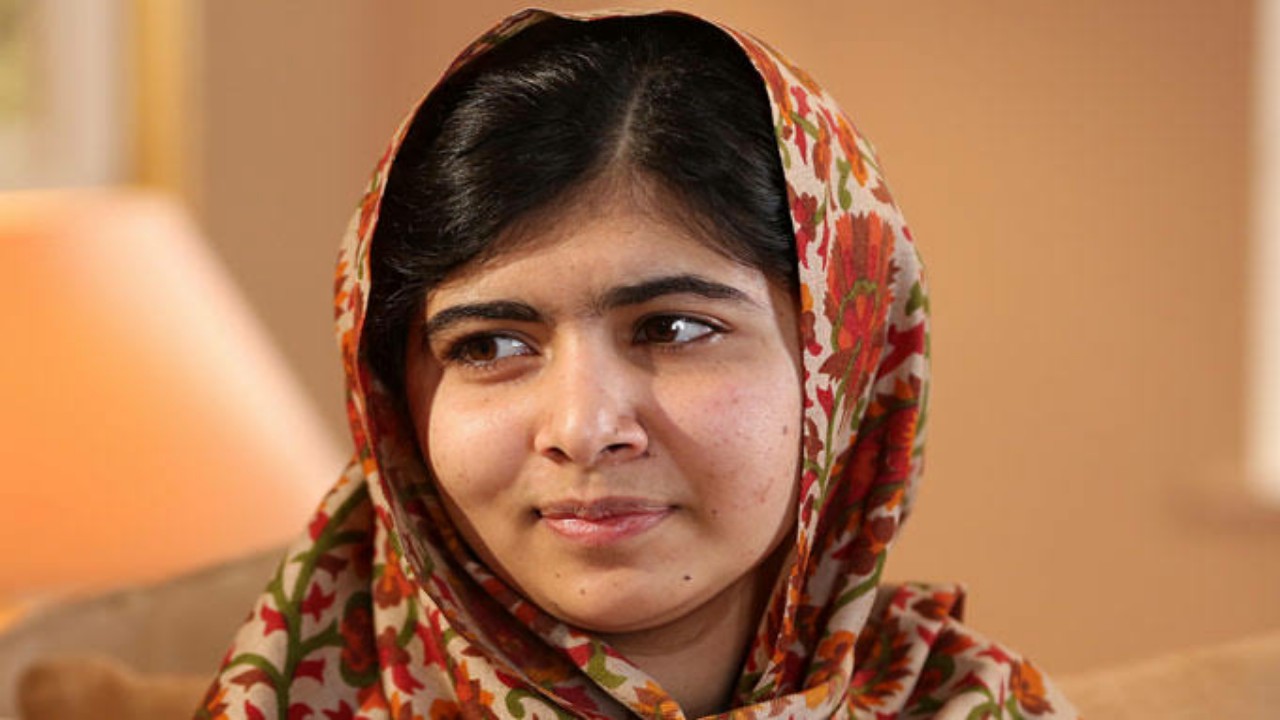

Malala Yousafzai, a 17-year-old Pakistani activist, has become a symbol for every girl’s right to education, especially in the face of adversity. In October of 2012, she narrowly escaped an assassination attempt. Her name — which is the same as that of a legendary Pashtun heroine — became recognized around the world as a result of the attack and subsequent media coverage.
Malala Yousafzai was no ordinary woman since before she had been one of the world’s most prominent teenage activists. Since 2009, when she was an anonymous blogger for the BBC’s Urdu-language service, her thoughts have had a powerful impact. According to the editor of the service, Malala’s father, who is also an activist, recommended her for the blogging position in 2012.
She spoke for 3 months about the Taliban’s rule prohibiting girls from attending school and how it affected her life. In January 2009, she wrote, “On my way from school to home, I heard a man say, ‘I will kill you.'” “I quickened my pace… much to my relief, he was talking on his phone and must have been threatening someone else.”
After her blog stopped, she continued her campaign as the subject of a New York Times documentary and the first-ever recipient of Pakistan’s National Youth Peace Prize. She got various awards both before and after the attack for her efforts. One of those honorary Canadian citizenships was due to be presented to her by Stephen Harper in Toronto on the day of the Ottawa shootings. The ceremony was rescheduled after being postponed.
Malala Yousafzai is a controversial personality in Pakistan. One school staged an I Am Not Malala Day, and a poll performed after Malala was nominated for the Nobel Prize found that 44% of Pakistanis had mixed feelings about her. Malala has received a lot of support in her home Pakistan, despite some ambivalence and animosity. Many news sites claimed that Pakistani clergy believed the attack on Malala had no religious validity.
Malala was resolved to make a lasting difference for children all across the world, regardless of public opinion in her native country. The Malala Fund, which was founded in 2012, has worked in several nations. The organization financed 11 projects last year. Some of these programs included teaching Kenyan girls about technology, assisting Sierra Leonean girls affected by Ebola, and assisting Syrian refugees in Jordan and Lebanon.
In addition to these initiatives, the fund has a long-term objective of providing every child on the earth with 12 years of free, high-quality education by 2030. According to UNESCO, 66 million females around the world are currently out of school. Helping girls return to school and finish their education could have far-reaching consequences.
Keep reading successyeti.com
Also Read: 5 Women Who Became Role Models For Millions
In today's article, we will learn the importance of happiness and how to maintain it…
Today, we will look at three common mistakes couples make in their relationships regarding intimacy…
In this article, we will learn about the simple ways that can help one overcome…
Check out the list of couples' biggest relationship mistakes in this article.
In this article, we will learn about anxiety and how one can handle it in…
In this article, you will understand the horrifying effects of child abuse.